The Agents Are Coming
AI agents are all the rage these days, offering many benefits but also coming with risks.
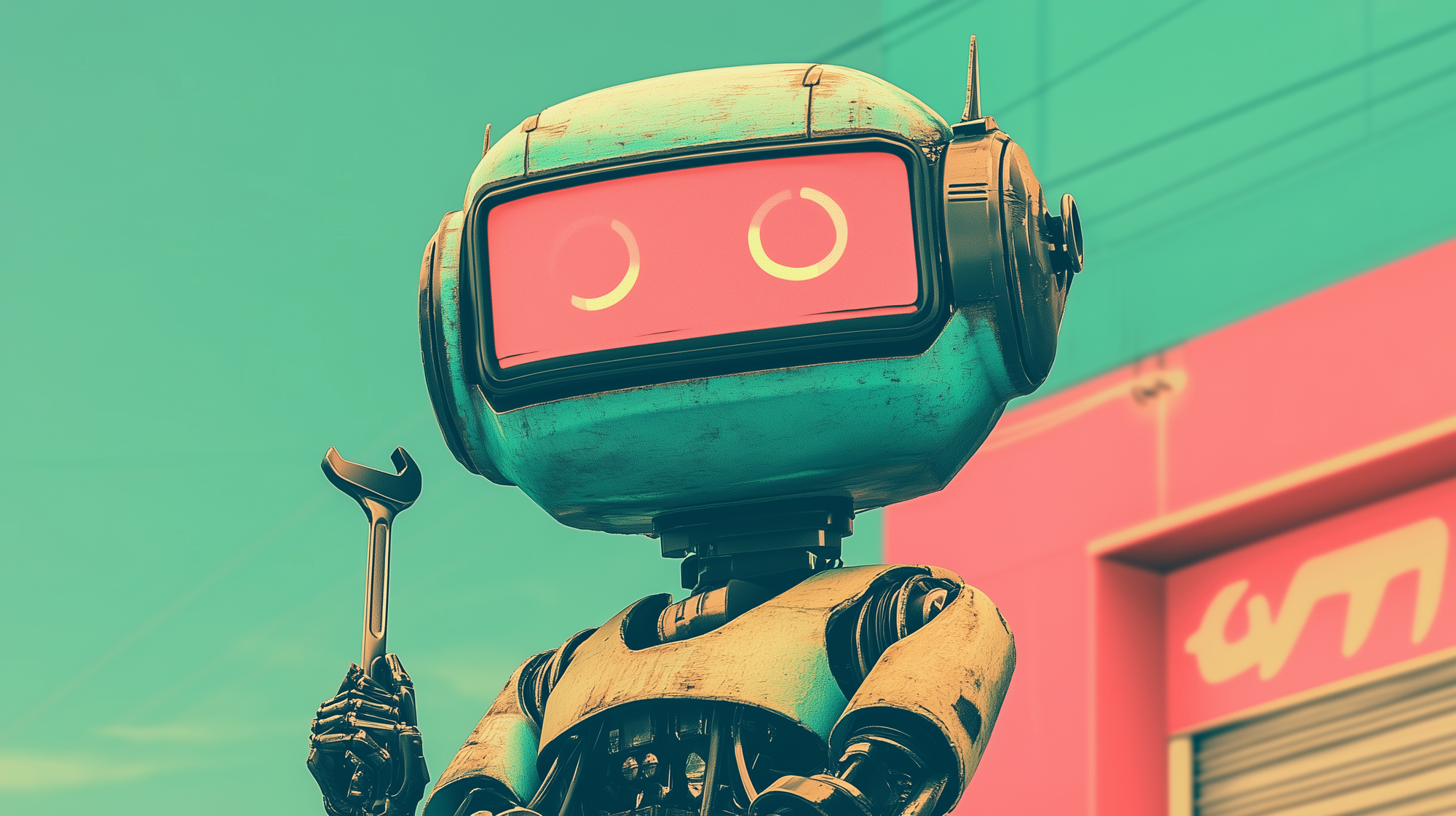
If you haven't heard, AI agents are all the rage these days. In this post I’ll go over what AI agents are and how they’re going to affect us in the coming months and years.
AI agents go beyond simply answering questions and generating media (whether text, image, audio or video), they get things done on your behalf. At a high level, they take your instructions, come up with a plan, perform one or more actions, and then report back when they're done. But it's a bit more nuanced than that, and there are several distinct levels of autonomy that an AI agent may possess, and each comes with different levels of risk.
Basic agents will just perform a simple task. An example of this is the new ChatGPT scheduled tasks feature that just launched in beta last week. It allows you to schedule requests and have them run in the future, such as sending you the top 10 news stories on a specific subject every morning at 8AM.
More advanced agents will come up with a plan and execute it using different applications. An example of this is Claude's computer use, which can launch a web browser, go to a URL to do a web search, scan the results to find the best link, click on that link to go to the website, then scan and interact with the elements on that page to perform an action like signing up for a newsletter.
The Rise of Agentic AI

This evolution of the AI chatbot is being called "agentic AI" and it's set to transform industries. With billions of dollars in investment behind it, a race is on to develop the next generation of AI tools that can be given a set of instructions and then left to their own devices to get things done. It's the next logical step in the delegation of knowledge work to AI, and it will likely herald a new wave of labour disruption and layoffs. For the companies developing these tools the incentives are clear: market domination and recurring revenues needed to offset the massive investments currently being made. For everyone else, it's either an opportunity or a threat, depending on where they are in their career.
AI Agents in Action

The two areas that are seeing the most rapid development and adoption of agentic AI are enterprise automation (think research analysis and writing complex reports) and software programming. Other areas like robotics and scientific research are also benefitting, though the impacts on society are likely further out into the future due to regulations and technological complications, while consumer-level AI agents are still in their infancy and broader adoption will likely happen more slowly due to a mix of skepticism and potential legal liabilities. Meanwhile the march of AI in the profit-driven business world continues unabated. Throughout the past year, many businesses have been investing in AI pilot programs and training staff. Looking ahead, these same businesses are likely to focus on realizing returns on their investments, seeking the operational efficiencies that have been promised by the big technology vendors.
In the Enterprise
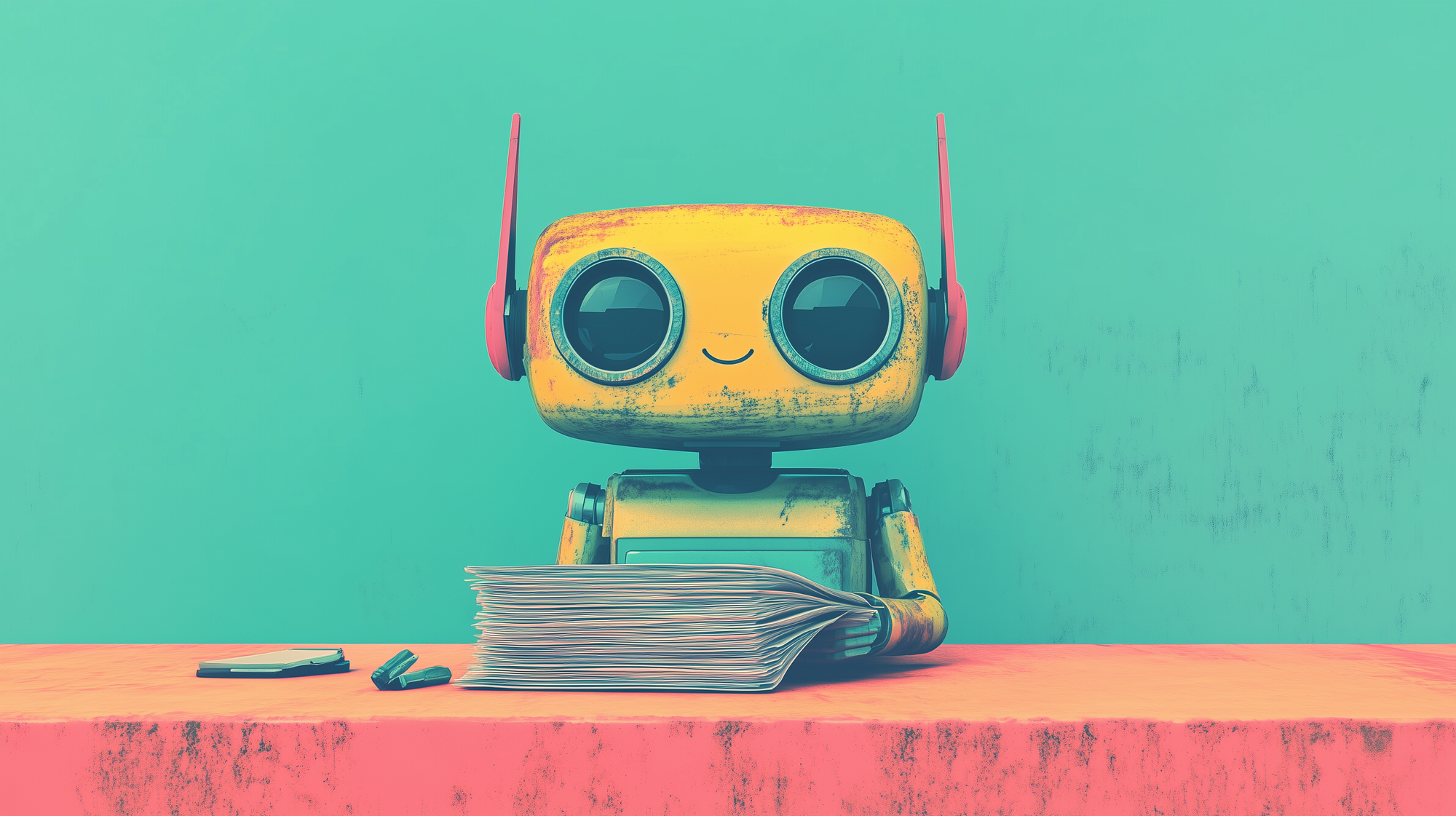
Whether using the latest "reasoning models" from OpenAI like ChatGPT-o1, or building custom multi-step agents using Langchain and Cohere, profit-driven enterprise orgs are trading interns and juniors for software that never sleeps. Large organizations that would have had teams of junior staff helping to process paperwork, run and synthesize data, and put reports together for clients and upper management, are now having the grunt work done by AI.
And while AI doesn't require paid vacation time, it still requires direction and for the output to be carefully reviewed, so senior staff will be needed for some time, further limiting intermediate-level employee progression.
In Software Development
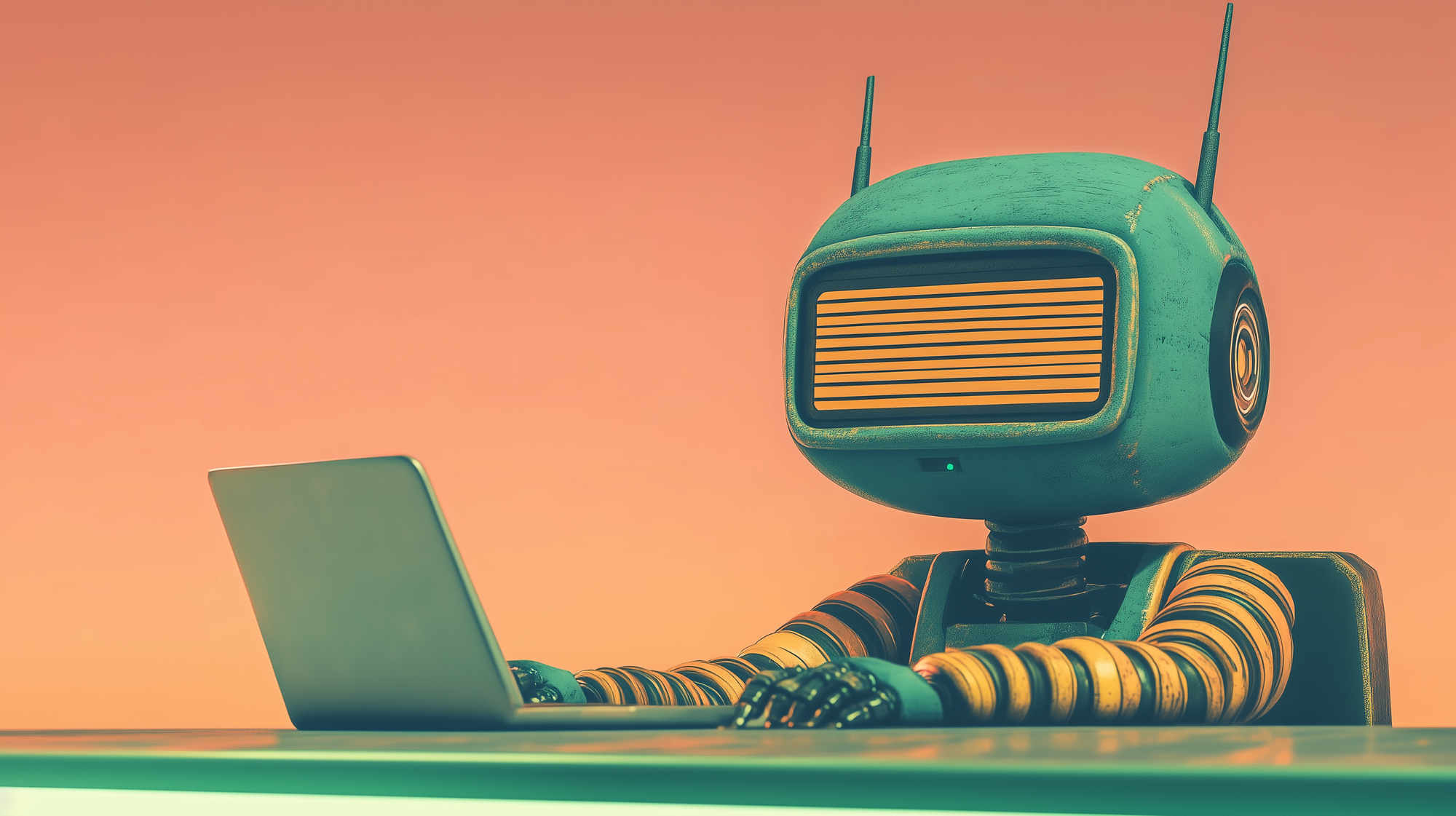
When it comes to software development things look equally dire for juniors. Tools like Devin and Replit Agent don't just write snippets of code, they code entire applications, including setting up databases, installing frameworks, troubleshooting errors, and then deploying the code to servers. This is known as full-stack development, and while it used to only be something an experienced programmer could do, it can now be done by anyone with an idea and the ability to articulate it to these advanced agents.
While a number of other "full-stack-AI" products have come onto the market in the last few months, most of them cater to solo entrepreneurs and hobbyists. Larger organizations will likely want to build their own systems or wait for the big AI vendors like OpenAI, Anthropic, Google, and Cohere to launch more robust platforms. Microsoft recently announced a big upgrade to its own open source AI Agent framework, called AutoGen, which aims to make it easier for organizations to build and deploy their own AI agents at scale. It’s less a matter of if agents will take over, but when.
Reshaping Society

The rise of AI agents isn't just disrupting jobs, it's fundamentally going to change how our society functions. We're witnessing the emergence of what some call an "agent-mediated world," where AI intermediaries increasingly manage our daily interactions and decisions.
Consider how this might play out in everyday life: Instead of scheduling your own appointments, managing your calendar, or planning your travel, you might have your own AI agent that handles all of these tasks based on your preferences and past behaviour. Your agent might negotiate with other people's agents to find the perfect meeting time, book restaurants that match your dietary restrictions, or even help manage your finances by spotting patterns in your spending and acting on timely investment opportunities.
This shift raises important questions about human agency and decision-making. While AI agents promise to free us from mundane tasks, they also insert themselves between us and our choices. When your AI agent filters your email, curates your news, or manages your schedule, it's making countless micro-decisions on your behalf. The convenience is undeniable, but so is the potential for these systems to create invisible bubbles around us, subtly shaping our perspectives and choices.
There are also broader societal implications to consider. As AI agents become more sophisticated, they could either bridge or widen existing digital divides. Will everyone have access to these powerful digital assistants, or will they become another marker of privilege? How will people who prefer direct human interaction navigate a world increasingly mediated by AI? Will family dynamics or friendships unravel because of this?
The proliferation of AI agents could fundamentally change how we build trust and relationships in both personal and professional contexts. When you're interacting with someone's AI agent rather than the person directly, how does that change the nature of the relationship?
These are just some of the questions we'll need to grapple with as the technology becomes more prevalent.
Navigating the Future
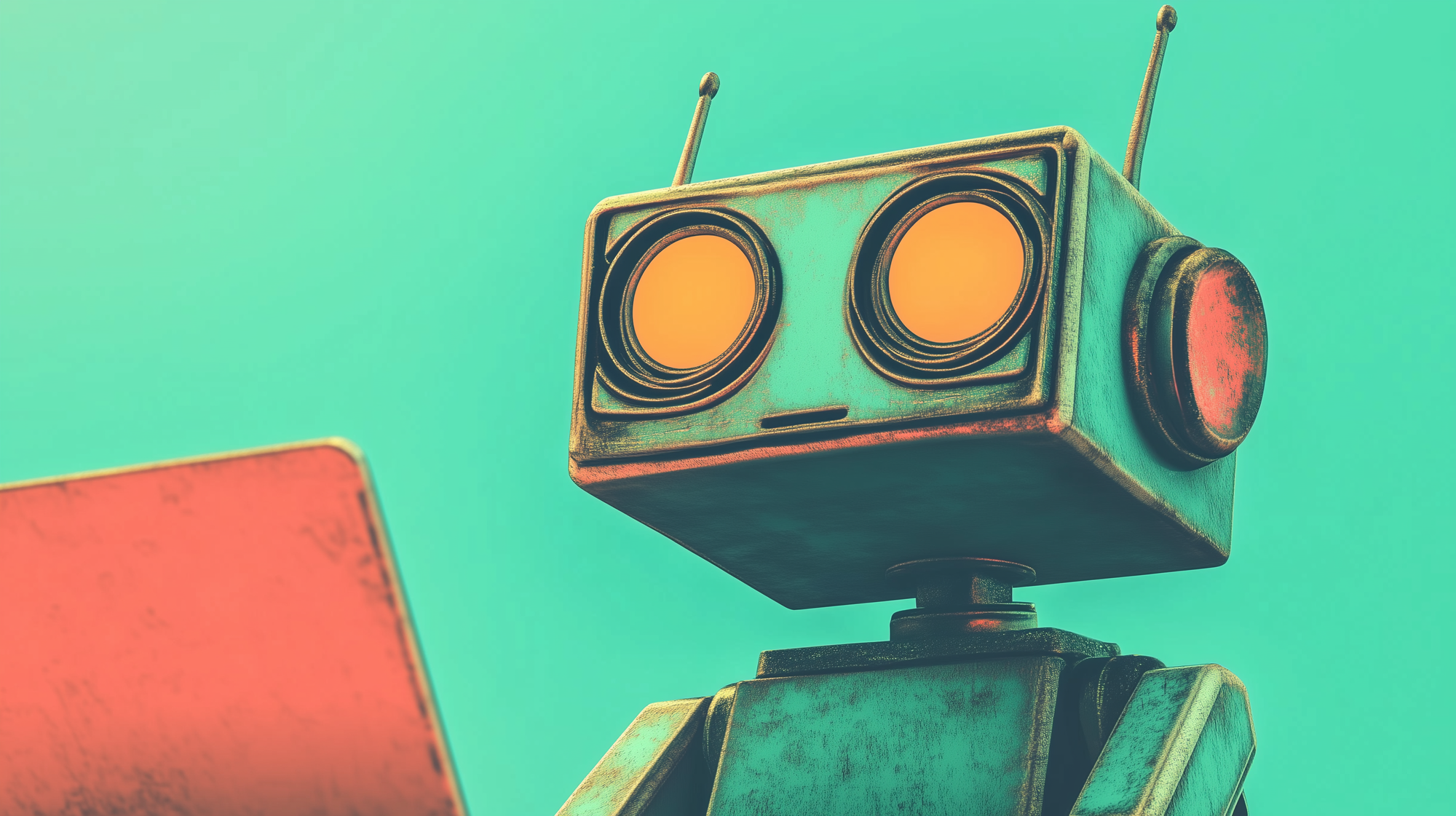
Hitting closer to home for me, websites can now be designed, developed, populated with content, and launched, all by AI. What once required a team of web designers, content producers, project managers, and developers, can currently all be managed by a single person with a handful of AI tools. As these technologies evolve, we're likely to see the emergence of comprehensive, all-in-one solutions. While the quality may not initially match that of human experts, the technology will inevitably improve, potentially making it more appealing for clients to work directly with AI tools rather than traditional agencies. That day seemed far off until just recently.
For professionals looking to stay relevant in this rapidly evolving landscape, here are some concrete strategies:
For senior professionals, the path forward lies in positioning yourself as an AI-human collaboration expert who excels at strategic oversight and quality assurance. Your experience will be invaluable in developing frameworks to evaluate AI outputs against industry best practices. Build your expertise in prompt engineering and AI tool orchestration, while focusing on high-level consulting that combines deep domain knowledge with AI capabilities.
Mid-career professionals should concentrate on identifying and developing expertise in niche areas where AI currently struggles, such as complex problem-solving or creative direction. Work on learning to effectively combine multiple AI tools to create unique solutions. Your focus should be on building skills in AI implementation and workflow integration, while becoming an expert in human-AI collaboration within your specific domain.
Juniors and new entrants to the field have a unique opportunity to master the latest AI tools, positioning themselves as implementation specialists. Focus on developing strong fundamentals in your core discipline while learning how AI can augment these skills. Build expertise in emerging specialties that arise from AI adoption, and cultivate abilities in areas that require human judgment and creativity, such as strategy development and stakeholder management.
The key is to position yourself not in competition with AI, but as a skilled orchestrator of these powerful tools. By developing these complementary skills now, you'll be better prepared to adapt as the technology continues to evolve.
Beyond the Algorithms
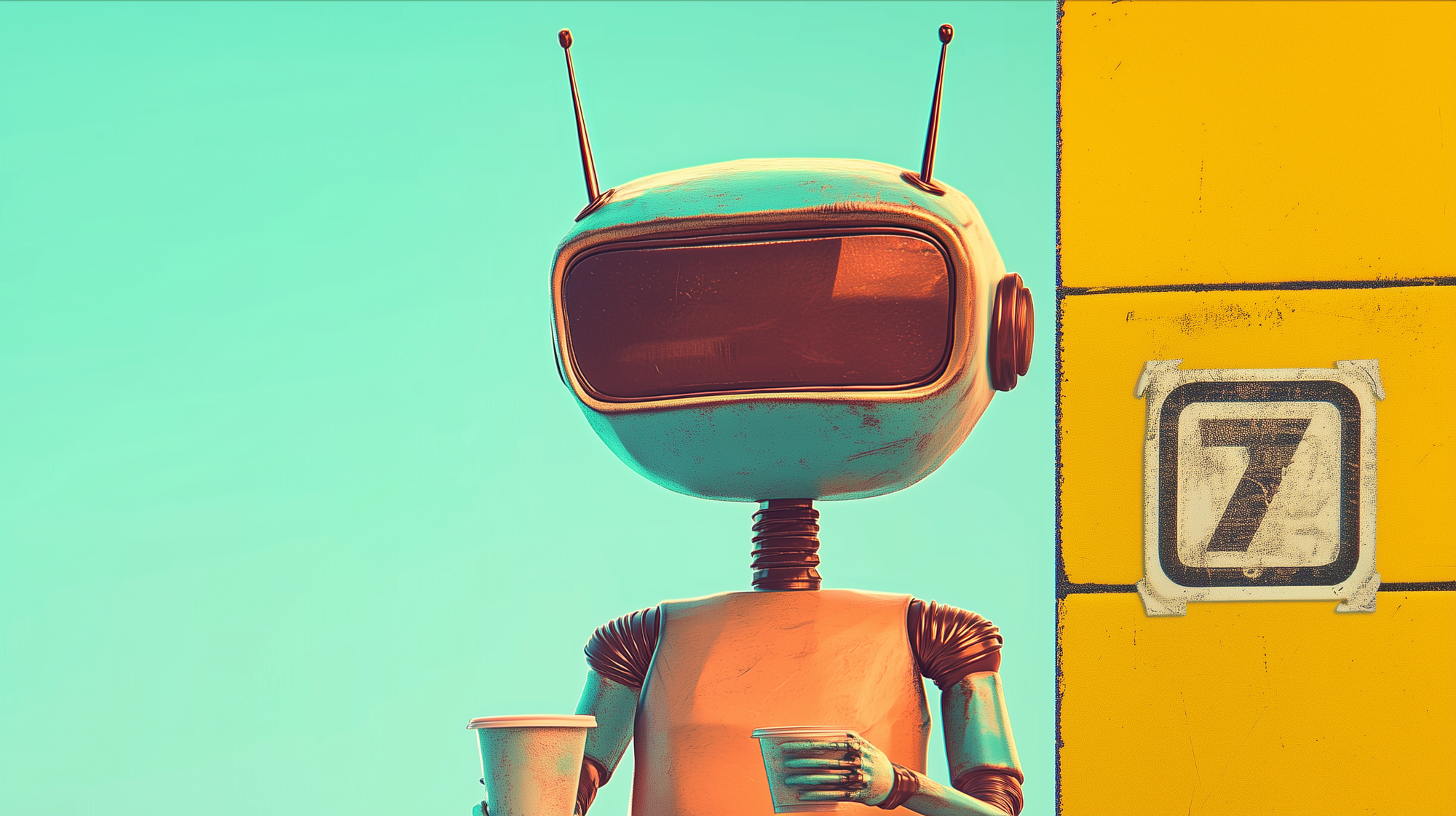
While the rise of AI agents represents a significant shift in how we work and live, it's important to remember that this technology is ultimately a tool created by and for humans. Throughout history, we've faced and adapted to technological revolutions, each time emerging with new ways to apply our uniquely human qualities. The advent of AI agents is no different.
What makes this moment exciting is the potential for genuine human-AI collaboration. As these agents handle routine tasks and data processing, we're freed to focus on what we do best: creative thinking, emotional intelligence, and building meaningful connections. The most successful professionals won't be those who resist this change, but those who embrace it as an opportunity to enhance their capabilities.
The future we're moving toward isn't one where AI agents replace human ingenuity, but rather one where they could amplify it. By automating mundane tasks, they should give us time and create space so we can tackle bigger challenges, push boundaries, and focus on work that truly matters. In this regard, AI agents aren't just tools for efficiency, they're catalysts for human potential, and may enable us to achieve things we never thought possible.
Images generated with Midjourney. Editing assistance provided by Claude.
